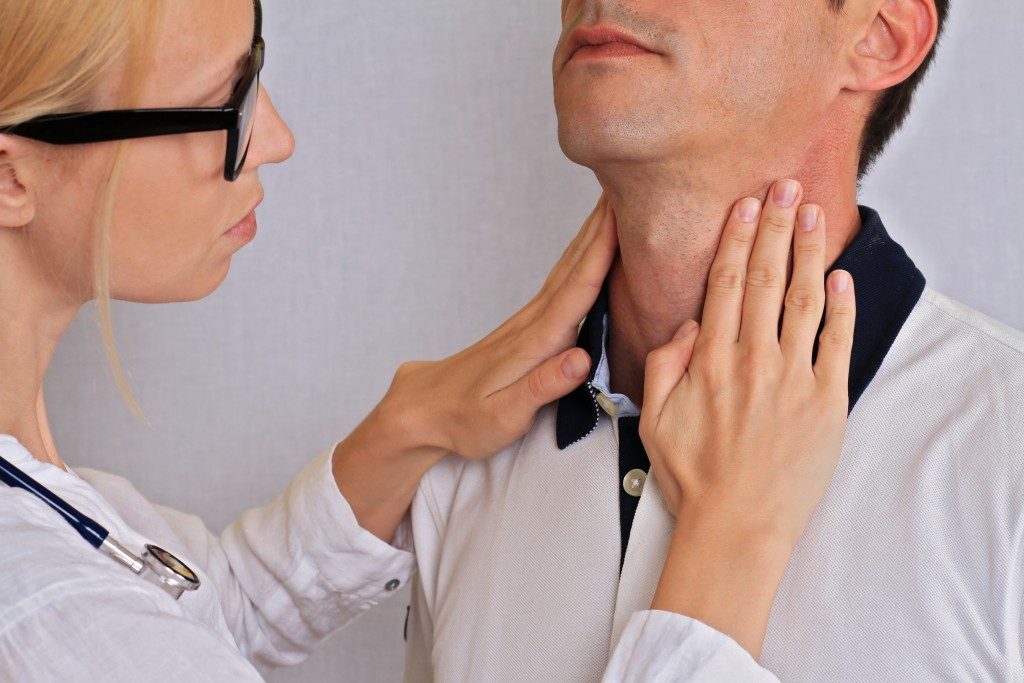Your thyroid is a butterfly-shaped gland found right below your Adam’s apple. It is an essential part of your body’s endocrine system, which manages your metabolism. The thyroid produces the hormones that allow your body to use your energy properly. If something is wrong with it, you’ll start to notice your body not functioning as it should. You might be exhausted for no reason or gain weight inexplicably.
Thyroid conditions are classified into two types. Your thyroid can be too active or not active enough. Both have devastating effects on your body. Here are a few of the common thyroid conditions and how to treat them:
Hyperthyroidism
The most common form of thyroid disorder is that your thyroid becomes overactive. More commonly found among women, the common cause of this disorder is Graves’ disease. This condition has a body’s immune system signal the thyroid to produce more hormones. The result is that they develop a rapid pulse, tremors in the hands, and anxiety. This is compounded by trouble sleeping and increasing irritability. Women also tend to have lighter menstrual flow or fewer periods.
There are three main treatments for this condition. There are antithyroid drugs that stop the thyroid from producing hormones. Radioactive iodine tablets also help by destroying the thyroid cells so that hormone overproduction ends. You can also opt to have a part of the thyroid removed to lower production.
Hashimoto’s Disease
Hashimoto’s disease is also known as chronic lymphocytic thyroiditis. Middle-aged women are the frequent victims of this condition. What it does is have your immune system attack your thyroid gland. This lowers its hormone production. The trouble with Hashimoto’s disease is that there are sometimes no apparent symptoms. Plus, if symptoms persist, they can be easily mistaken for something else. Fatigue and depression are the most common symptoms.
You will need to have a doctor test you for it. Unfortunately, there is no known cure for Hashimoto’s disease. You will need to have regular Hashimoto’s disease treatment in Logan and other cities. This usually involves hormone-replacing medication so that your body will be able to handle the demands of ordinary life.
Hypothyroidism

The opposite of hyperthyroidism, hypothyroidism means that your thyroid is not active enough. The result is fewer thyroid hormones. There are many causes for hypothyroidism, and one of them includes Hashimoto’s Disease. There are other causes for hypothyroidism, though, so you can end up suffering from it anyway.
Symptoms for this condition include dry skin, increased sensitivity to cold, weight gain, and a slow heart rate. Depending on the cause of your condition, there are a variety of treatments available. The main one is to take thyroid hormone pills.
Thyroid Nodules
Thyroid nodules are lumps on a person’s thyroid. They are common in people over 60 years of age. Fortunately, most of these nodules are harmless. There is still no reason why they appear. The trouble is that these nodules can be cancerous. If there are signs of this, your doctor can recommend their removal.
A thyroid condition is not the end of the world. Most common thyroid problems can be easily treated. All you need to do is to get them diagnosed. Consult your doctor if you think you are suffering from one and see what options you have.

